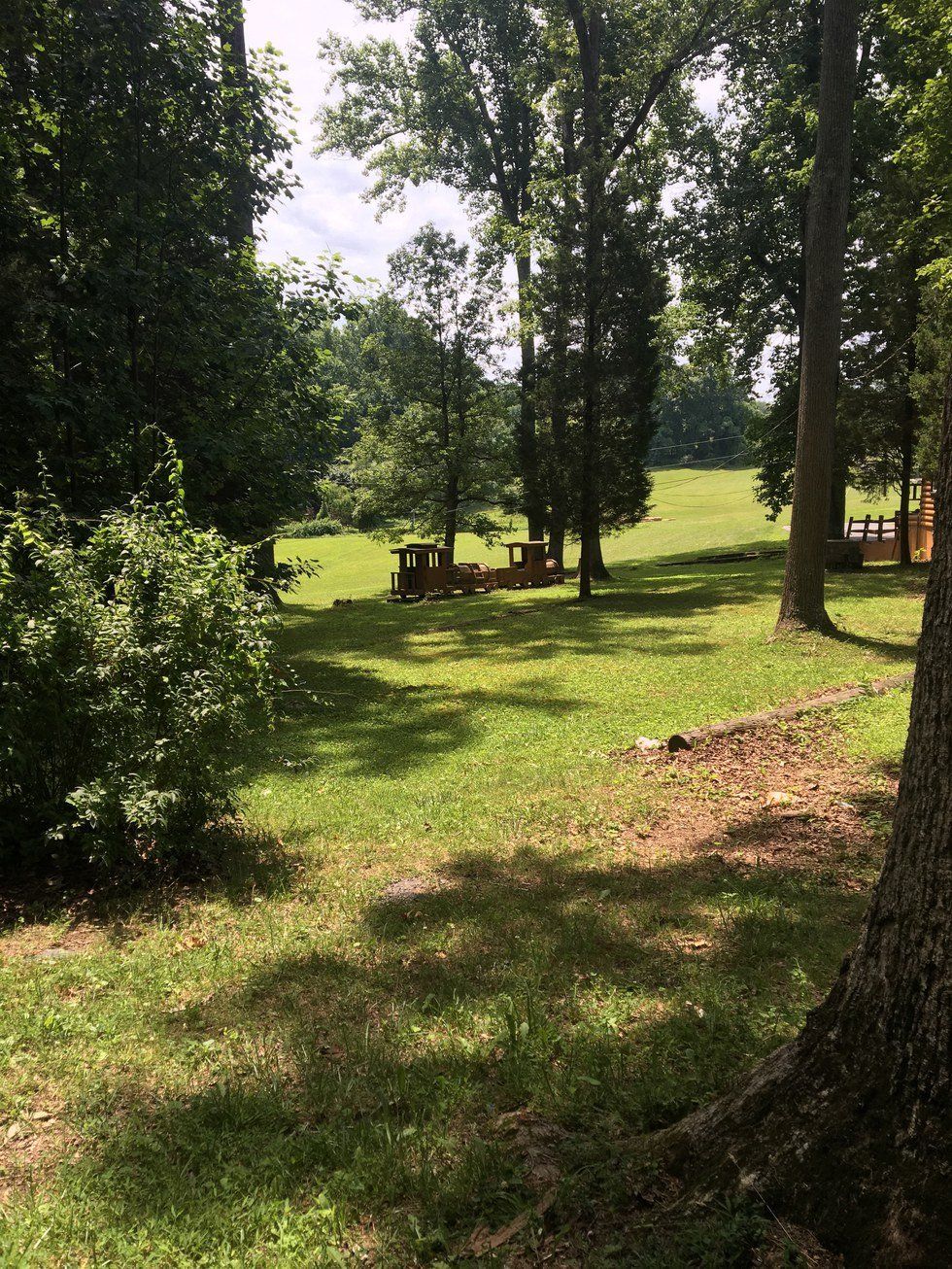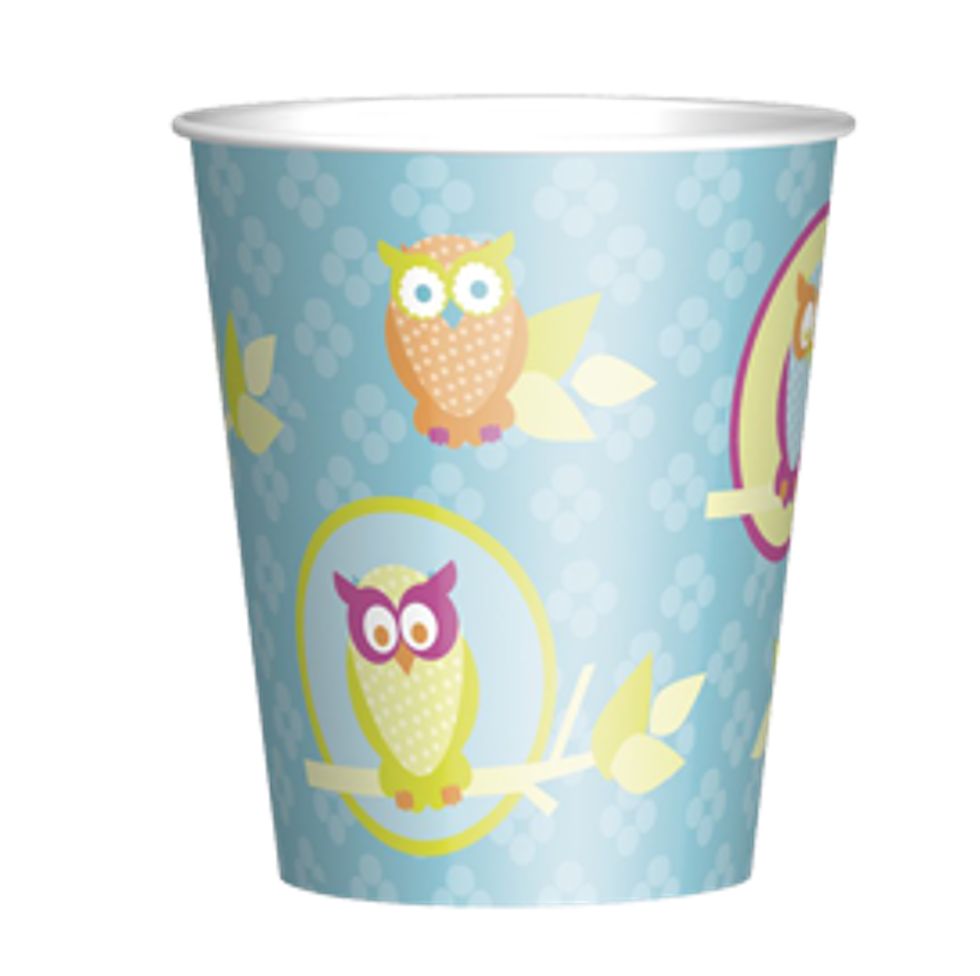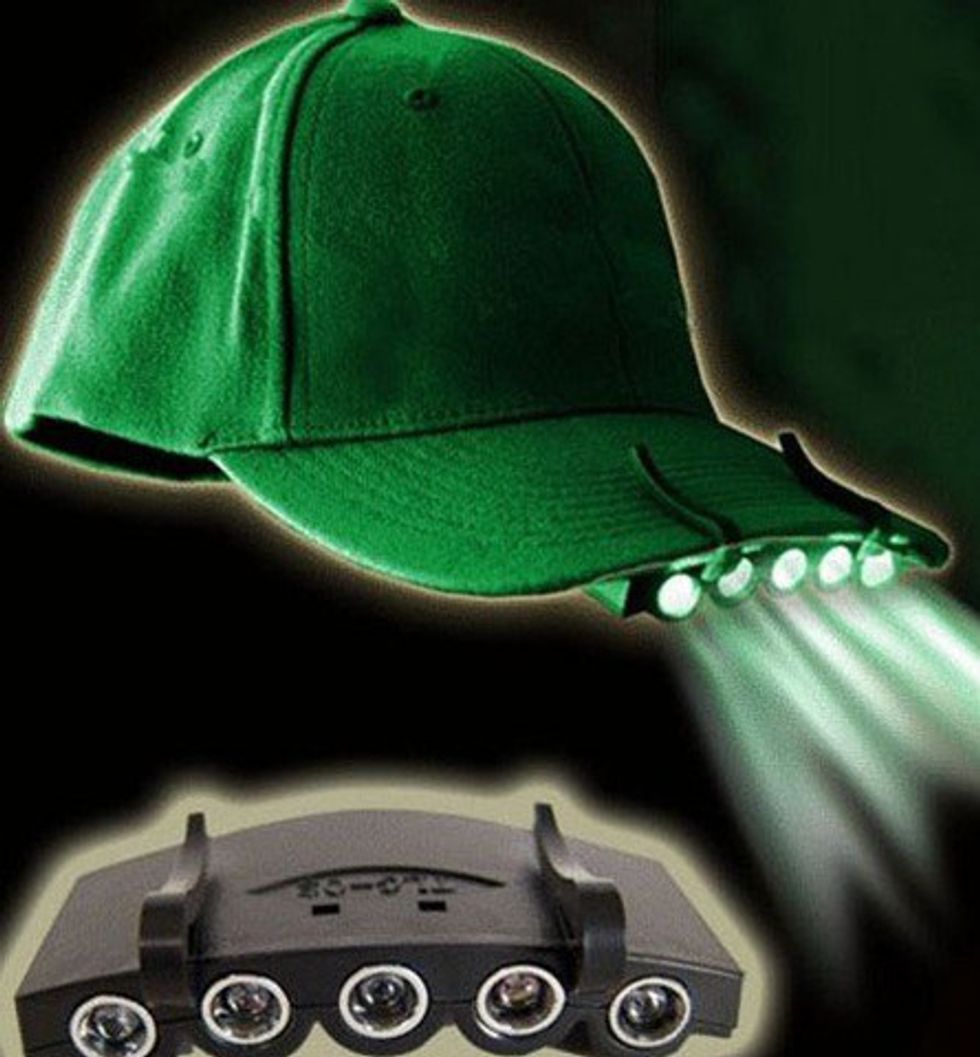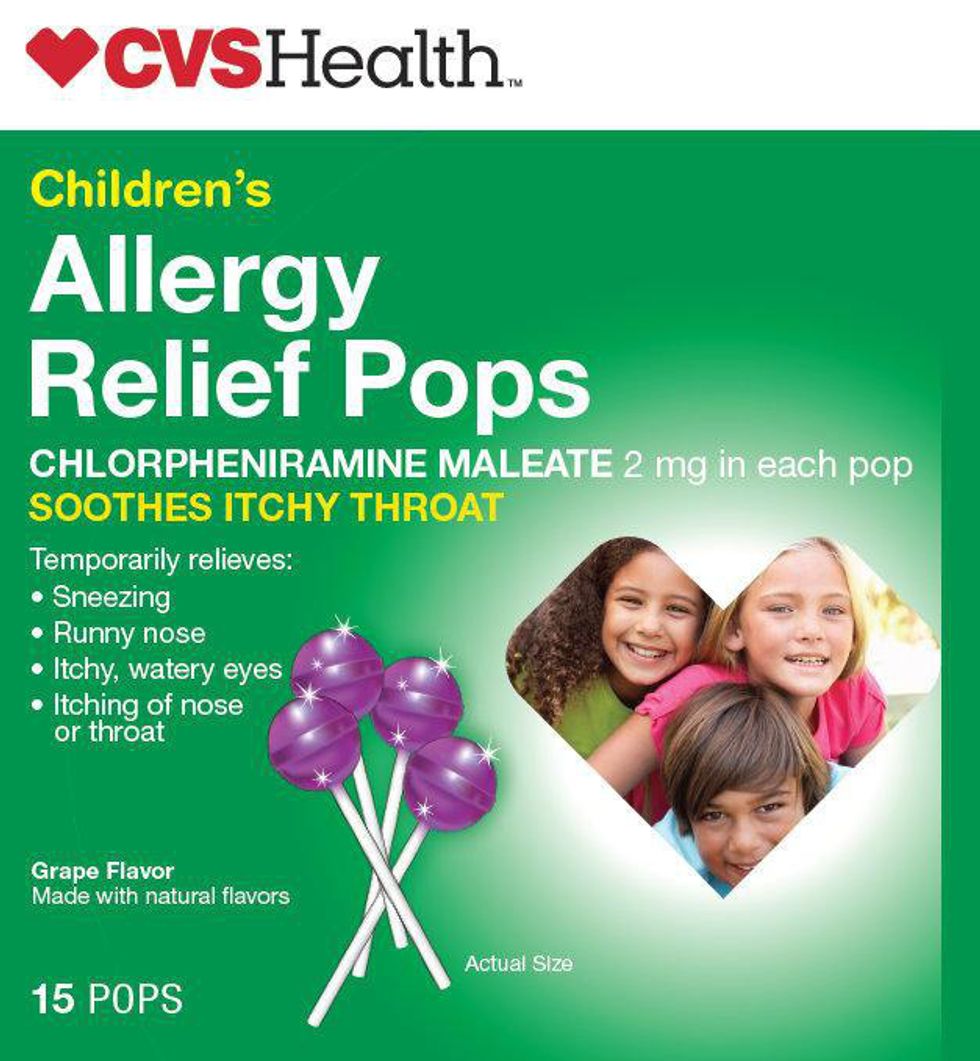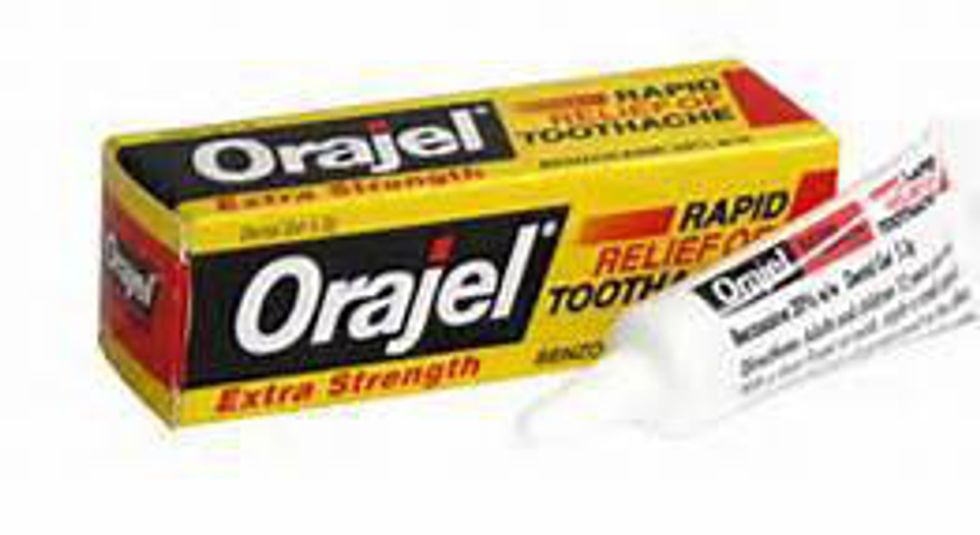If there was a manual somewhere called "How To Be A Camp Nurse," then I totally missed it. I walked into my job as a new grad nurse, who had just passed NCLEX two weeks prior. The great part about starting in a hospital is that you have a preceptor who can guide you and teach you for at least your first six months. You don't have that as a camp nurse. I had no preceptor, no manual and no guide. I had to rely on my knowledge from nursing school and the guidelines set by our camp doctor...who I still have never met, only talked to on the phone twice when consultation was needed. So, for anyone else who may be interested in being a camp nurse, here are a few tips.
1. Make ice cups.
Ice. One of the most in-demand treatments for many maladies. Getting bags of ice is great, and does well. However, here is a life hack for you. My head counselor reminded me of this, and it brought me back to my high school shin-splint icing days. Remember these?
Dixie cups are a gift from God. Just fill them with water, stick them in the freezer and voila, ice cups. When someone needs ice, just pull one of these out and tear off the top of the lid until you get to some ice. Have them rub it where it hurts, be it an elbow, knee, etc. Gives them something to do, and they'll get tired of it real quick if it's not needed.
2. Carry water with you wherever you go.
Water bottles are glorious when it's hot outside and you are running or walking everywhere. Maybe invest in one that is insulated and large enough that you're guaranteed a lot of cold water throughout the day.
3. Invest in a headlamp or clip on headlight.
When you are walking around to different cabins at night, you are going to want some source of light. And let's be honest, the flashlights on most phones aren't bright enough to do much good. And if your phone is dead, then that won't help anyone. I could not be more grateful that I brought a headlamp and a little clip on headlight. The clip on headlight is great because you can just clip it to any hat and then turn the light on and off when you need it. Whoever came up with that idea is a genius.
4. Always carry cough drops and other kid friendly medicines.
It's not a bad idea to have at least one bag per month because you never know how many people will need it. Having different flavors isn't a bad idea either. Also, if kids are having allergy issues, then these are incredible. They taste good, are kid friendly and what kid doesn't love lollipops? Plus, they actually work pretty well, no lie.
5. Make sure you have an ample supply of tampons and pads (the good ones).
There is nothing worse for a female camper (or counselor) to be at camp and to start their period without having any supplies. It's not like you can leave to go get some, so make sure you have some stashed away. Also, everyone agrees that the cardboard tampons are of the devil, so please, if you are a male buying tampons, then just get the plastic ones. Playtex and Tampax are always good bets. Also, pads come in different colors. The yellow ones are generally regular absorbency, and the green ones are longer, super absorbent and great. Make sure you get ones with wings. The Always brand is great, but Walmart's brand is good, too. Just make sure you have a stash. Every female will thank you.
6. Ibuprofen and Tylenol will be your best friends.
Having both the children's liquid and regular pill versions will be greatly beneficial. Make sure you have plenty of it and be sure you know the appropriate weight based doses for both. Though the bottles do have doses for weight and age ranges, they aren't accurate. In order to get an exact appropriate dose, you need to know the child's weight, be able to convert it to kilograms and do the math to see what the proper weight based dose is. That info isn't on the bottle, so we usually end up underdosing kids pain and fevers. Also, make sure you remember that Tylenol will not help with swelling or any other inflammatory process going on. You need ibuprofen or another NSAID. Tyelnol helps with pain and fevers, but not for swelling or inflammation. That being said, ibuprofen, Aleve, Motrin and other NSAIDs are great for PMS and menstrual cramps because a lot of the pain comes from prostaglandins that cause inflammation. Tylenol won't be as effective.
7. Know what's homesickness and what's illness.
Each case will present differently, but it's important to be able to recognize legitimate signs of illness instead of just passing it off as homesickness. Homesickness doesn't cause a fever. Also, be able to tell when it's homesickness, and when kids are just playing you. Kids are sneaky, and sometimes if they don't want to do something, then they might act out a bit -- by acting like they are distraught and need to call their parents. Don't get me wrong, homesickness is a real issue. But when kids start saying stuff like, "Can we just stop by the hospital real fast? Do you think my mom would come if I went to the hospital to get checked out?" Maybe you should start pondering if there's something else going on.
8. Know when it's a legitimate injury and when it's over-exaggeration.
Kids sometimes like to over-exaggerate injuries and make them seem a lot worse. If they fall down, hurt their ankle and then pop right back up and keep playing on it, then they are probably fine. That's not to say that every injury shouldn't be treated like it could potentially be serious. My philosophy is that until it's proven that they're fine, you should treat it as an actual injury. That doesn't mean you treat it like a huge emergency right away...just don't wave it off. Especially with head injuries. If vision is blurry, then do some simple concussion tests. If their speech is slurred and they can't remember their name or where they are, then that's not good. If their vision is fine, they can tell you their name, the day, where they are and what happened, then they are probably OK and just need to be checked in on. And never give ibuprofen or another NSAID to a potential head injury due to the risk of bleeding. Tylenol or acetaminophen only.
9. Orajel works wonders on bug bites.
I saw this life hack on Pinterest, and let me tell you, it works. It has weird properties that really help with itching, swelling and redness. Who would have known? Thank you, Pinterest.
10. Be aware of what medicines you need the kid friendly version of.
For example, Nyquil. You need the kid friendly version of it. There is a reason it says not to give it to kids under 12. It has alcohol in it. Please don't give it to kids. Also, being Kids Pepto Bismol. The regular version says not to give it to kids just because the bismuth isn't really good for them if they're under 12. We need to remember that kids may be bigger than your average eight-year-old...they may be bigger than you...but they still have an eight-year-old liver that isn't able to process a lot of the adult medications. Just be cautious and check your medication stash to see what you can and cannot give kids.
11. Find a big backpack to carry stuff in.
You don't want to be lugging stuff around in a suitcase or a trash bag. And believe me, you very well might have a lot of stuff to carry around. A backpack with at least 35 liters of available volume is great. Make sure it has pockets. You will need pockets for pens, scissors and other stuff that needs to stay organized. Also, have a water bottle pocket.
12. Find a first-aid kit that is portable, but also very well stocked.
There is nothing worse than having to lug around a humongous first-aid kit everywhere. Find one that fits in your backpack, but has everything you need. Band-aids are a must. As are alcohol swabs, gloves, tweezers, bandage scissors, tape, gauze, pre-wrap, different types of antiseptic, triple antibiotic cream, cotton swabs, etc. The list goes on and on.
13. Make bags of different sized Band-aids, some alcohol swabs and neosporin, and give them to each camp counselor (or counselor and co-counselor pair).
It will save you from having to go traversing around camp for a tiny scratch. Not that we don't love helping out kids, but if there's a legitimate emergency and someone else just needs a Band-aid, then it helps if the counselors have a small first-aid kit.
14. Bring a bike with you.
If your camp is decently spread out and having your car accessible at all times is not feasible, then ride your bike! You'll get exercise...not that you don't already get a lot by walking everywhere...but biking will get you there faster. Mountain bikes work great for traversing across all kinds of terrain.
15. Stay organized with all your meds. Make a chart so you remember what to give and when.
Staying organized is the most important part about being a camp nurse. If you are late giving meds or completely forget to give them, then there will be problems. Especially if the medication in mind is for a child with ADHD.
My tip is to separate the morning only meds from the evening only meds, and keep the "BID" meds separate from both of those. Make sure meds are labeled properly.
Keep all the emergency / rescue inhalers and epi-pens in a bag that stays with you at all times. You never know when you may need them. How awful would it be to have to run back to wherever you store your meds to grab an epi-pen when a kid is going into anaphylactic shock?
Be prepared for all situations because you are basically a one-person Emergency Room. You have to be able to triage, partially diagnose (but not really because you aren't a doctor) and medicate. But you can't medicate if you don't have the right meds with you.
16. The PRN meds that every camp nurse needs to have.
The kid-specific over the counter (OTC) meds I keep stocked are: Mucinex, Tylenol, ibuprofen / Motrin, Benadryl (the Benadryl with congestion stuff works great), Mucinex DM (for nighttime and it doesn't have alcohol in it), Emetrol (for nausea), Immodium (yay, diarrhea), Delsym (cough meds are the best tasting...not really), Chloraseptic throat spray (stuff tastes nasty, but it works), cough drops, allergy relief lollipops and Pepto Bismol chews. If not specified as spray or chew tabs, then it's a liquid. I have a ton of medicine cups too. You can wash those and re-use them. Don't waste a ton by throwing them away after one use. You'll end up spending a lot of money on those things.
The non-kid specific OTC meds I keep (some still can be used for kids, depending on the age): Tylenol, Aleve, ibuprofen/Motrin, Pepto Bismol, DayQuil, NyQuil, Mucinex, generic nasal decongestant, Sudafed (if I have it), Aspirin, Pepto-Bismol, Tums, Benadryl, Afrin nose spray, cough drops (which can also be kid specific), Icy Hot, hydrocortisone cream, Orajel (for bug bites) and other topical stuff if I have it.
Remember all the meds your mom gave you as a kid? Yeah, basically those are all the ones you need at camp, too. Remember, the generic is just as good as the brand name. If it has the same active ingredient at the same concentration, then it's the same. Don't spend a ton of money on the brand name when the Walmart / Target brand is just as good.
Being a camp nurse isn't easy, but it sure is a ton of fun and rewarding. I literally get to live at my job, eat in the dining hall with my campers / patients and interact with them 24/7. It's great. I wouldn't trade it for the world.



